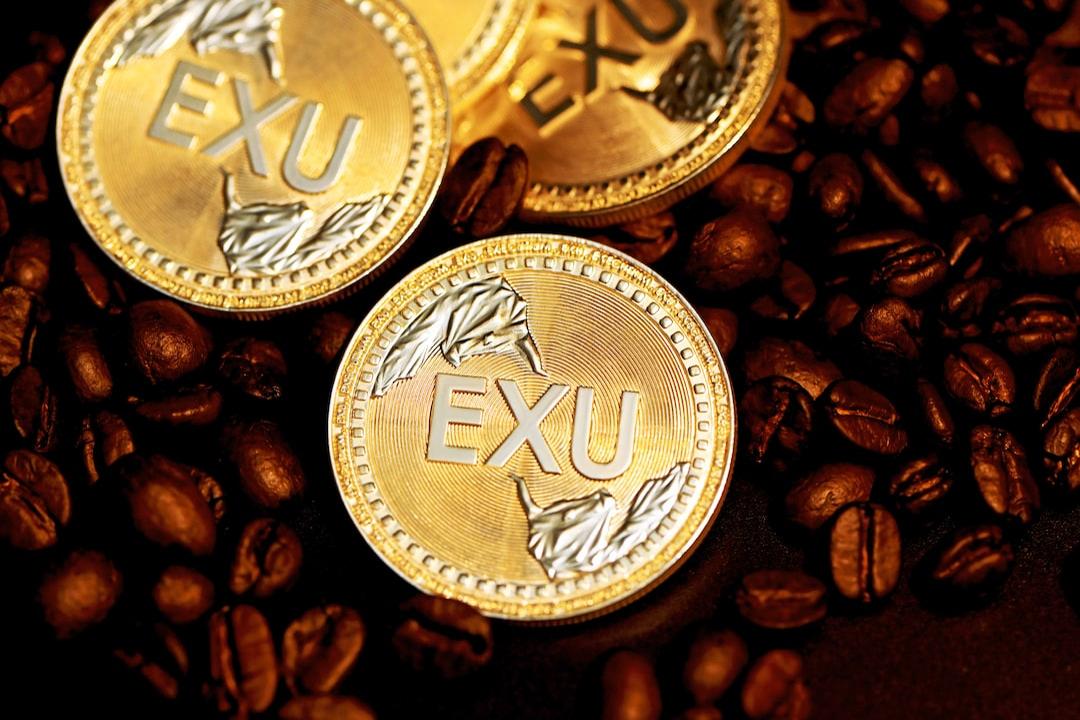Bitget, a crypto exchange, has announced that it will be implementing stricter standards for token listings in order to protect users from exit scam projects. All blockchain projects looking to list their tokens on Bitget will now undergo a comprehensive legal and technical review. The exchange aims to assess the code quality, security measures, and regulatory compliance of each project based on its listing criteria. This is an important step towards safeguarding users from high-risk projects.
To strengthen its token evaluation process, Bitget has updated its protocols and introduced stricter criteria. The exchange will focus on tokenomics, analyzing factors such as token supply, distribution, utility, and the development team’s experience.
For new projects, the evaluation process begins with an analysis of the fully diluted valuation (FDV). The FDV should align with the amount raised, typically not exceeding 20 times the financing. Projects that raise $5 million, for example, should have an FDV under $100 million to prevent misleading valuations. Bitget also examines previous funding rounds to identify potential risks, giving more weight to projects backed by reputable institutions. The token unlock schedule is also reviewed, as a short unlock period may indicate a lack of long-term commitment and could lead to early sell pressure.
When assessing tokens already in circulation, Bitget analyzes on-chain data to assess economic health and trading activity. A significant gap between trading volume and FDV, such as an FDV over $10 million with low trading volume, signals potential overvaluation and may suggest price manipulation. Bitget also assesses smart contract security and token distribution for tokens listed elsewhere, looking out for high-risk indicators such as suspended trading or issuers who can alter balances. Projects with concentrated token distribution are considered risky, and Bitget uses blockchain explorers to uncover true distribution patterns and expose schemes that falsely present a dispersed supply.
In addition to these technical evaluations, Bitget also places emphasis on social media activity, community engagement, and the online reputation of the project. The backgrounds of team members are checked for any past involvement in fraud or illegal activities. Bitget’s comprehensive review aims to exclude high-risk assets and detect unethical schemes.
To further reduce the risk of listing short-lived projects and scams, Bitget requires projects to present a detailed business plan and roadmap. These measures enhance transparency and protect users’ interests, while also preventing potential risks associated with unreliable tokens.
Promising blockchain projects may be eligible for listing on Bitget without additional fees if their tokens are in demand globally. In other cases, token placement may be done commercially, such as through a paid agreement or partnership, but it still must meet all the required criteria checks. These stricter token listing policies demonstrate Bitget’s commitment to providing a secure and reliable trading environment for its users.


